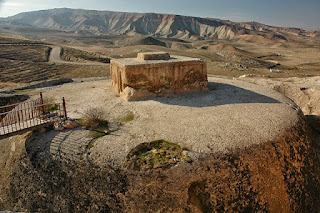They don’t go together.
Binaries in our minds
I have been thinking about all or nothing thinking, also called black and white thinking. This cognitive distortion seems to go hand in hand with anxiety, perfectionism, corporate culture, and a whole bunch of cultural spheres and overtones. I’ve seen people connect it to white supremacy.
Examples:
“I want a perfect home.”
“Healthy food” versus “junk food”
The idea of a “good mother”
“It’s not worth doing if you don’t do it well.”
“There are only two options: stay together or break up.”
Pushing kids into competitive sports.
“I quit.”
I notice it in myself a lot. It makes me happy when someone punctures the all or nothing bubbles in my mind.
For example, a friend told me she signed up for a dance class because it was in her neighbourhood. Instead of searching the internet and asking around to find the best dance studio, she chose a class at a community centre because it fit into her life. What a reasonable, sustainable act.
I think about that anecdote, and feel freer to choose something, rather than all/the best or nothing.
As KC Davis put it on Tik Tok, “motivation suffocates in all or nothing thinking.” We can make an action seem so big and looming that we forget more accessible, more delightful, options. KC invites people to care for their homes without self-criticism or shame.
I want to invite people into language learning in the same way.
All or nothing thinking in language learning
Unfortunately, totality is embedded in the way we talk about languages.
“Do you speak Spanish?” (binary, all or nothing)
“Do you know Spanish?” (binary, all or nothing)
We try to get around this:
“A little.”
“Some.”
“I’m learning.”
“I used to, but I haven’t practiced in a long time.”
Underlying the question is the idea that it is possible to totally speak or know a language. This is a fallacy! I have reflected on it before, when I noticed I was “learning English”, my native language, during my masters program.
We are always somewhere in relation to a language.
Another binary: We must be actively learning/studying/improving or we are doing nothing, perhaps even backsliding.
As if that is even possible. The mind is always moving. The environment is always prompting. But when we buy into the all or nothing idea of language learning, motivation is suffocated.
Compare:
“I need to learn Spanish.” (all of it)
Versus:
“Ooh, what is the verb for ‘wonder’?”
Or:
“I want to browse the Wikipedia entry for Spanish, find some weird facts.”
Or:
“I wonder if there is a local Spanish class this fall, maybe in my neighbourhood?”
Let’s not suffocate ourselves. There are always an infinite number of ways and opportunities to learn language.





